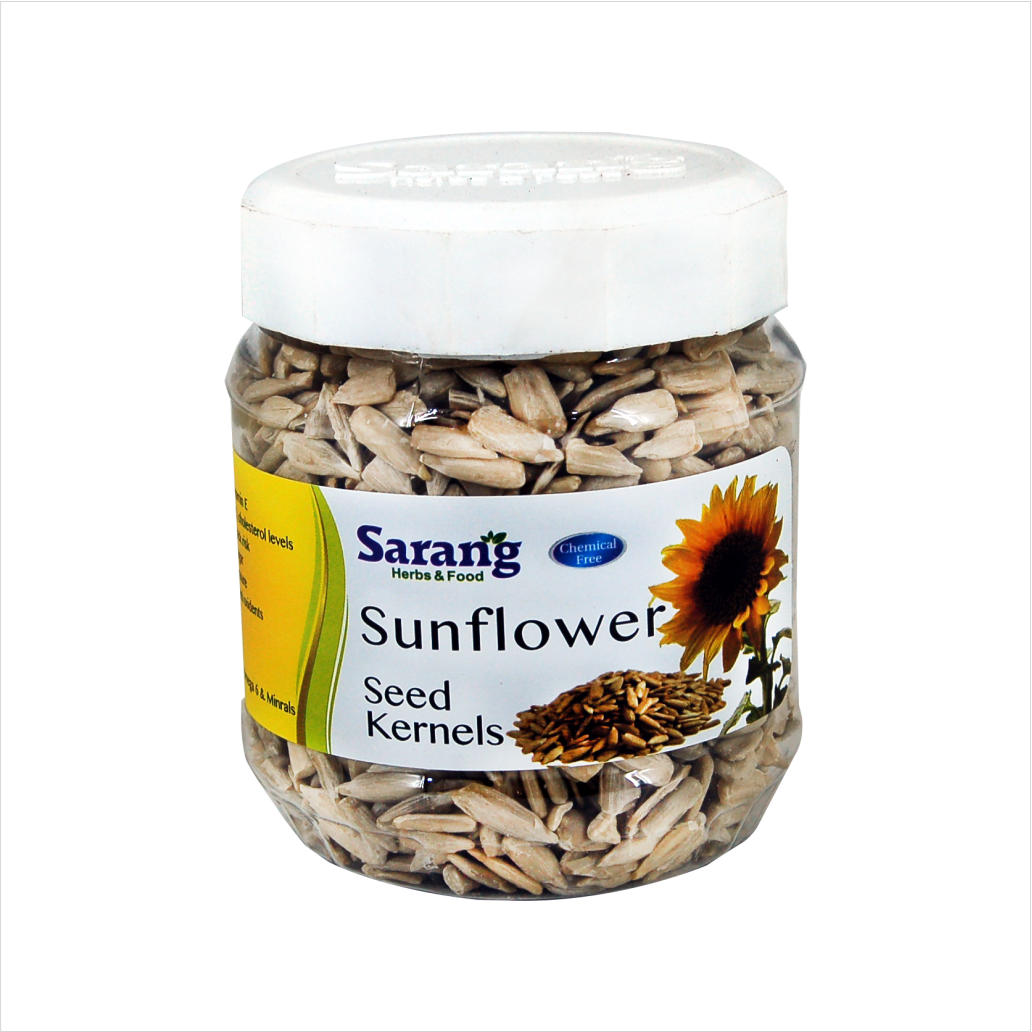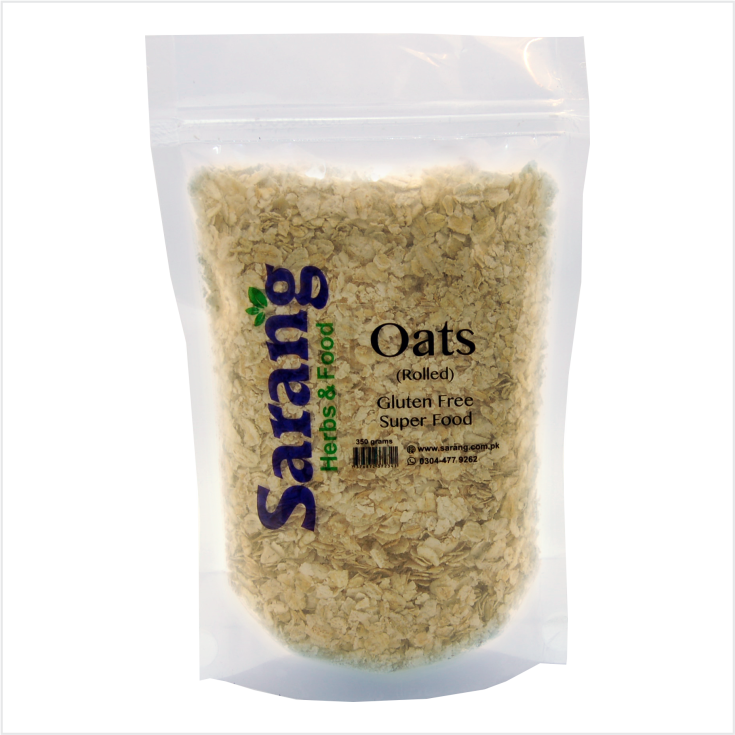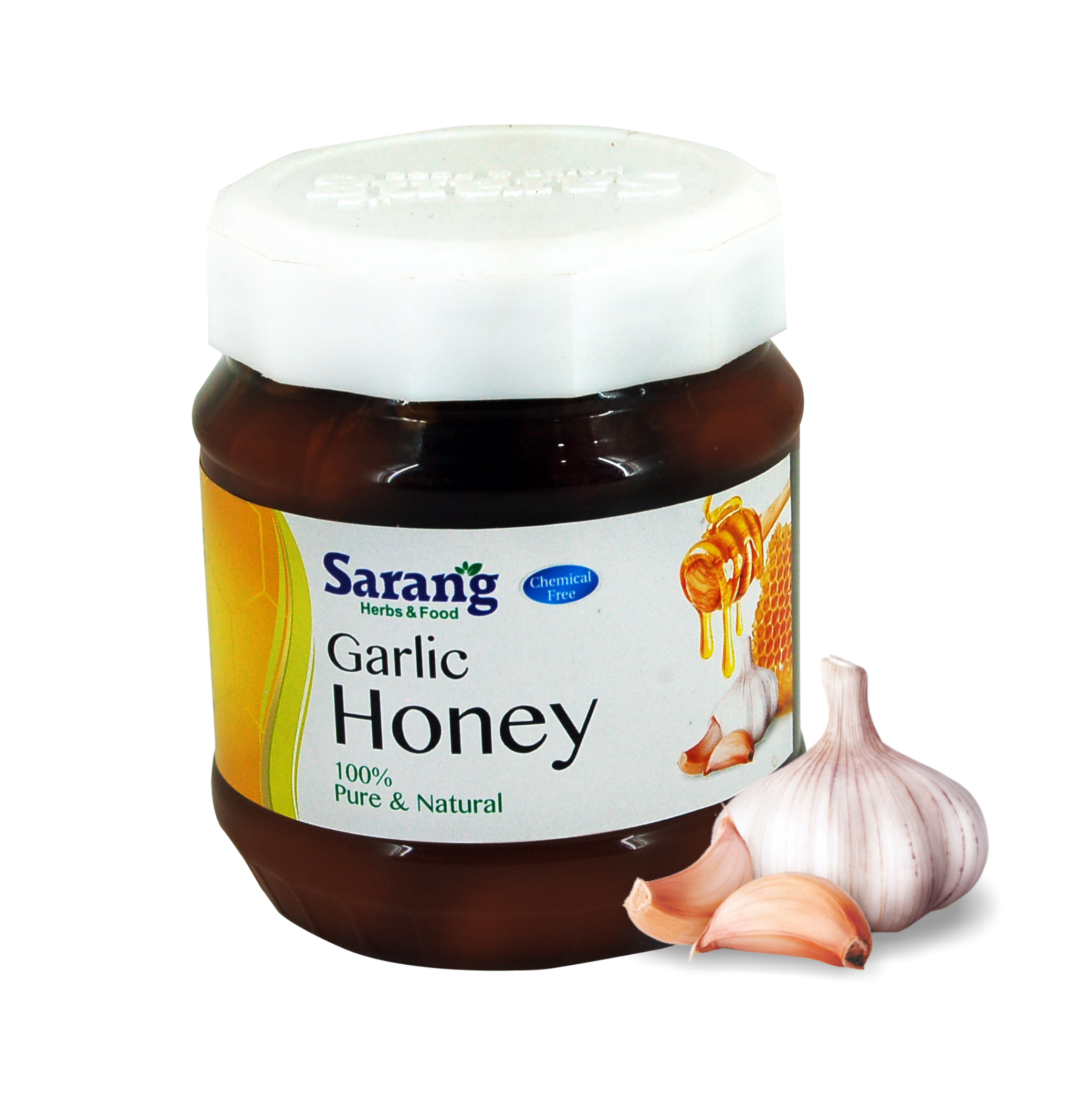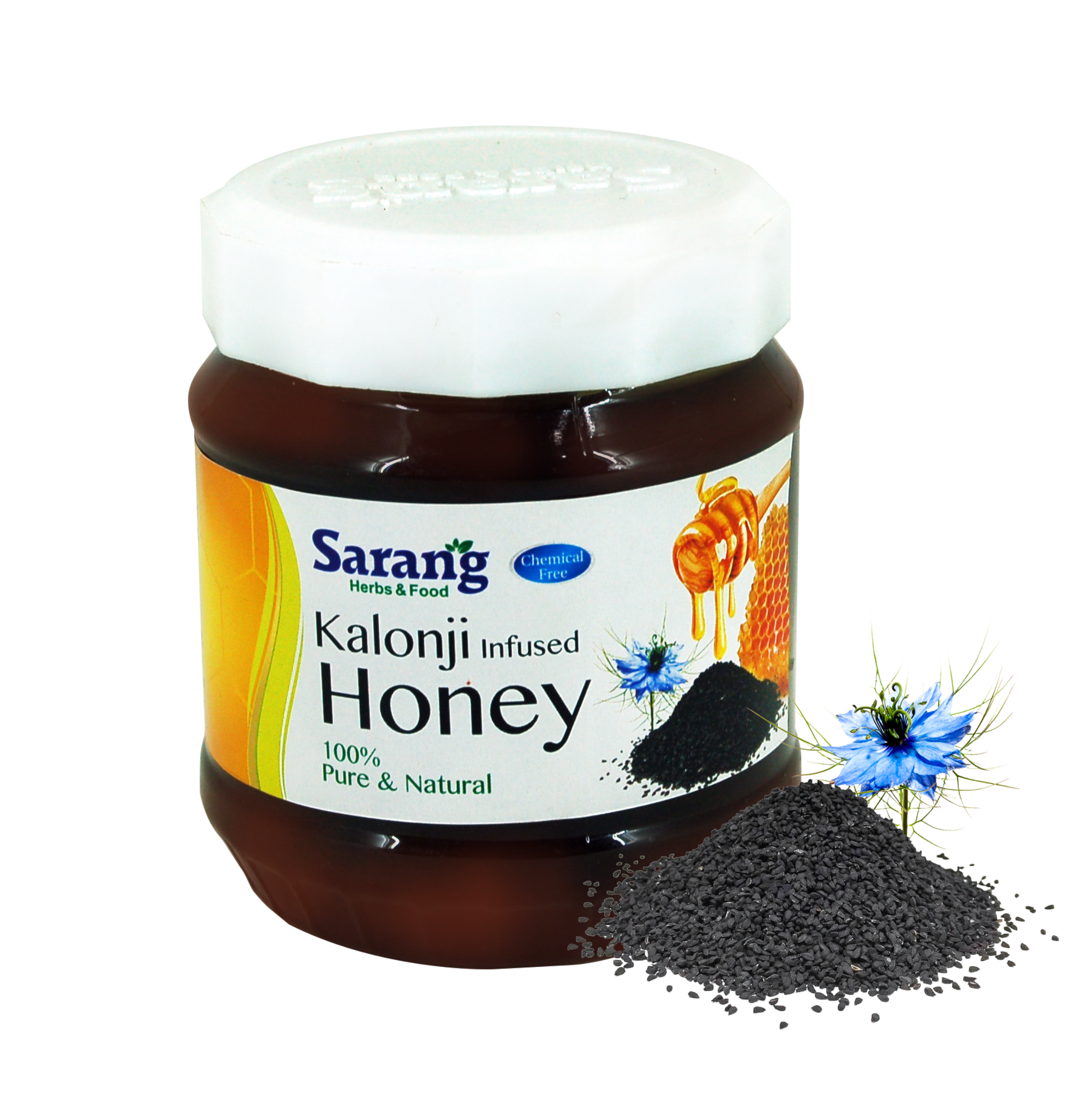Description
Health Benefits of Sun Flower seeds
Sunflowers are rich in healthy fats, beneficial plant compounds, and several vitamins and minerals that may play a role in reducing your risk of common health problems, including heart disease and type2 diabetes
Nutritional Value
The main nutrients in 1 ounce (30 grams or 1/4 cup) of shelled, dry-roasted sunflower seeds are
| Calories | 163 | Vitamin B6 | 11% of the RDI |
| Total fat, which includes: | 14 grams | Folate | 17% of the RDI |
| • Saturated fat | 1.5 grams | Pantothenic acid | 20% of the RDI |
| • Polyunsaturated fat | 9.2 grams | Iron | 6% of the RDI |
| • Monounsaturated fat | 2.7 grams | Magnesium | 9% of the RDI |
| Protein | 5.5 grams | Zinc | 10% of the RDI |
| Carbs | 6.5 grams | Copper | 26% of the RDI |
| Fiber | 3 grams | Manganese | 30% of the RDI |
| Vitamin E | 37% of the RDI | Selenium | 32% of the RDI |
| Niacin | 10% of the RDI | Vitamin B6 | 11% of the RDI |
Sunflower seeds are especially high in vitamin E and selenium. These function as antioxidants to protect your body’s cells against free radical damage, which plays a role in several chronic diseases.
Additionally, sunflower seeds are a good source of beneficial plant compounds, including phenolic acids and flavonoids, which also function as antioxidants may help lower blood pressure, cholesterol and blood sugar as they contain vitamin E, magnesium, protein, linoleic fatty acids and several plant compounds.
Furthermore, studies link sunflower seeds to multiple other health benefits.
Inflammation
While short-term inflammation is a natural immune response, chronic inflammation is a risk factor for many chronic diseases.
For example, increased blood levels of the inflammatory marker C-reactive protein is linked to an increased risk of heart disease and type2 diabetes.
In a study in more than 6,000 adults, those who reported eating sunflower seeds and other seeds at least five times a week had 32% lower levels of C-reactive protein compared to people who ate no seeds. Flavonoids and other plant compounds in sunflower seeds also help reduce inflammation.
Heart Disease
High blood pressure is a major risk factor for heart disease, which can lead to heart attack or stroke.
A compound in sunflower seeds blocks an enzyme that causes blood vessels to constrict. As a result, it may help your blood vessels relax, lowering your blood pressure. The magnesium in sunflower seeds helps reduce blood pressure levels as well.
Additionally, sunflower seeds are rich in unsaturated fatty acids, especially linoleic acid. Your body uses linoleic acid to make a hormone-like compound that relaxes blood vessels, promoting lower blood pressure. This fatty acid also helps lower cholesterol.
In a 3-week study, women with type2 diabetes who ate 1 ounce (30 grams) of sunflower seeds daily as part of a balanced diet experienced a 5% drop in systolic blood pressure (the top number of a reading). Participants also noted a 9% and 12% decrease in “bad” LDL cholesterol and triglycerides, respectively.
Furthermore, in a review of 13 studies, people with the highest linoleic acid intake had a 15% lower risk of heart disease events, such as heart attack, and a 21% lower risk of dying of heart disease, compared to those with the lowest intake.
Diabetes
The effects of sunflower seeds on blood sugar and type2 diabetes have been tested in a few studies and seem promising. Studies suggest that people who eat 1 ounce (30 grams) of sunflower seeds daily as part of a healthy diet may reduce fasting blood sugar by about 10% within six months, compared to a healthy diet alone. The blood-sugar-lowering effect of sunflower seeds may partially be due to the plant compound chromogenic acid.
Here are various ways you can eat them:
- Add to trail mix.
- Stir into homemade granola bars.
- Sprinkle on a leafy green salad.
- Stir into hot or cold cereal.
- Sprinkle over fruit or yogurt parfaits.
- Add to stir-fries.
- Stir into tuna or chicken salad.
- Sprinkle over sautéed vegetables.
- Add to veggie burgers.
- Use in place of pine nuts in pesto.
- Top casseroles.
- Grind the seeds and use as a coating for fish.
- Add to baked goods, such as breads and muffins.
- Dip an apple or banana in sunflower seed butter





